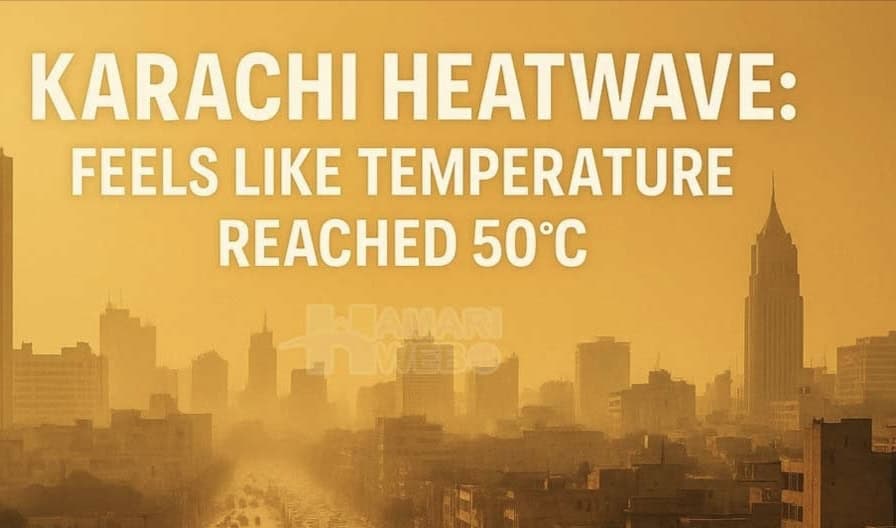What Do a Barista in Tehran and a Schoolteacher in Haifa Have in Common?
At first glance, maybe nothing. Different countries. Different languages. Different politics.
But look closer—and you’ll see something powerful: both are just trying to get through another uncertain day.
As tensions rise between Iran and Israel, most headlines focus on missiles, political threats, and military maneuvers. But behind the headlines, ordinary people—the ones who aren’t making the decisions—are the ones carrying the heaviest burden.
This is their story. From Tehran’s quiet side streets to Haifa’s buzzing cafés, here’s what life looks like for the real people caught in the middle.
In Tehran: Living with Fear and Fuel Shortages
Meet Mahsa, a 29-year-old barista in central Tehran. She used to spend her afternoons pouring lattes and dreaming about starting her own café one day. But lately, the dreams have been put on hold.
“Every time I check my phone, I hold my breath,” she says. “There’s always some new alert—another attack, another threat. My mom wants me to stay home, but I need the money.”
With rising fuel prices and rolling blackouts, even daily routines have become unpredictable. Supermarkets are bare in some areas. Internet access is spotty. And the constant pressure of “what might happen next” weighs on everyone.
But still, people try to hold on to normal life. Mahsa’s café still opens. She still laughs with her coworkers. But under the laughter is a quiet exhaustion.
“I just want to make coffee in peace,” she says. “Is that too much to ask?”
In Haifa: Sirens and School Closures
Now meet Ilan, a middle school teacher in Haifa, Israel.
He used to plan lessons weeks in advance. These days, he doesn’t even know if there will be school tomorrow. “Sirens go off and we have 90 seconds to get into the shelter,” he explains. “Sometimes less.”
Parents are keeping kids home. Teachers are juggling bomb drills and Zoom classes. Shops open and close erratically depending on how close the last strike landed.
Ilan says the hardest part is staying calm for his students. “They ask, ‘Are we going to be okay?’ And I say yes, even if I’m not sure. Because that’s what adults are supposed to do.”
He misses the quiet hum of a normal day—when the biggest worry was if someone forgot their homework.
“We don’t want war,” Ilan says. “We want to teach. We want to live.”
The Common Thread: Uncertainty and Hope
Despite living in two countries often painted as enemies, Mahsa and Ilan have far more in common than not.
- They’re tired. Not physically—but emotionally.
- They’re frustrated. Because decisions made by politicians far away are rewriting the script of their lives.
- They’re hopeful. Not naively, but stubbornly—because what else can you be when your future is unclear?
They both check the news more than they’d like. They both worry about loved ones. They both try to protect children from truths too heavy for young minds.
And they both hold on to one thing above all: the belief that peace is still possible.
Why These Stories Matter
In times of conflict, it’s easy to fall into the trap of “us vs. them.” But ordinary people rarely want war. They want safety, dignity, and the ability to dream beyond the next headline.
When we only see a country through its government or its military, we forget the millions of people just trying to live their lives. People like Mahsa, pouring espresso behind a cracked window. Or Ilan, calming a classroom full of scared kids.
These are the voices we need to hear more often. These are the stories that humanize the headlines.
What You Can Do
You might be reading this from a peaceful place. And that’s a gift—one that can be used to make a difference, however small.
Here’s how:
- Stay informed, but seek stories that focus on people, not just politics.
- Support humanitarian aid efforts helping civilians on both sides.
- Speak up for peace, especially when public conversations grow loud with hate.
- Share stories like this, to remind others that humanity exists on all sides of the border.
Final Thought
From Tehran to Haifa, one truth echoes louder than sirens or slogans:
People are people.
They may speak different languages, wear different clothes, or pray in different ways—but deep down, they all want the same thing:
A quiet morning. A safe evening. A future to look forward to.
Let’s remember that. And let’s tell the world.



